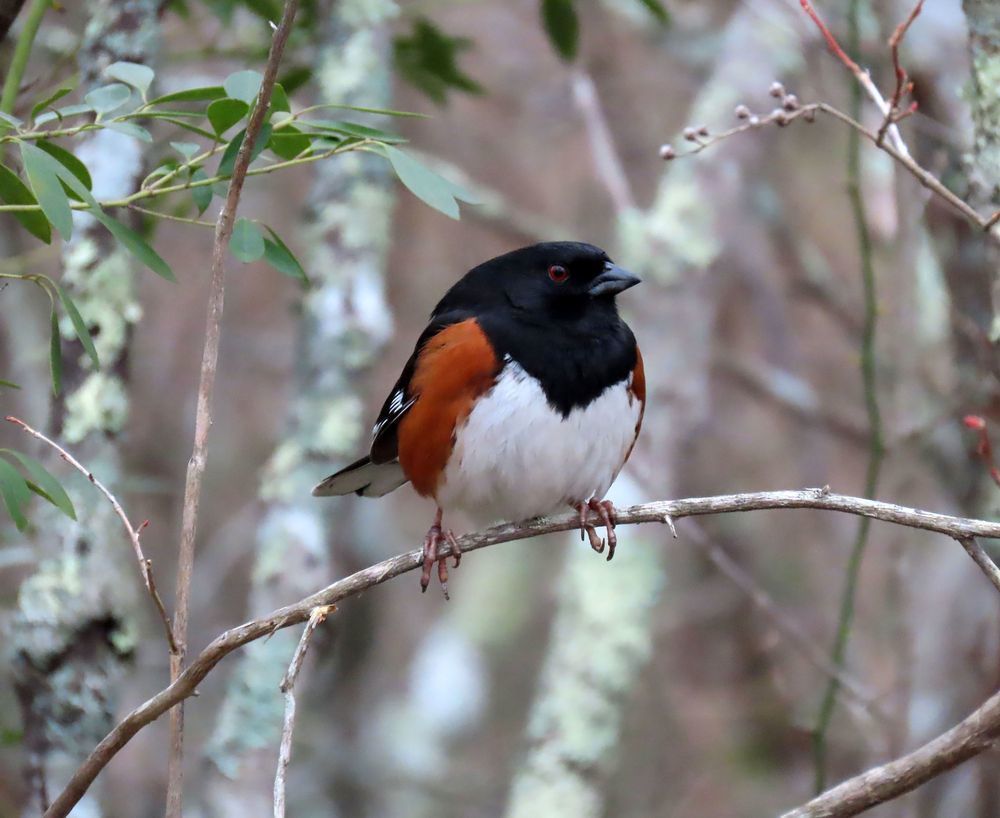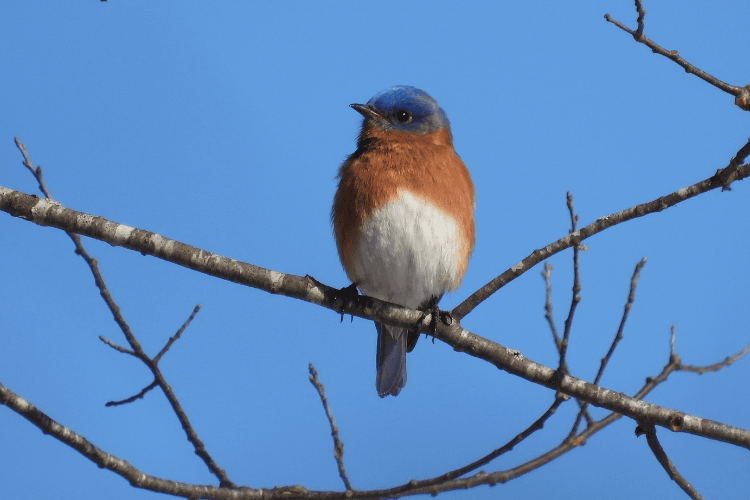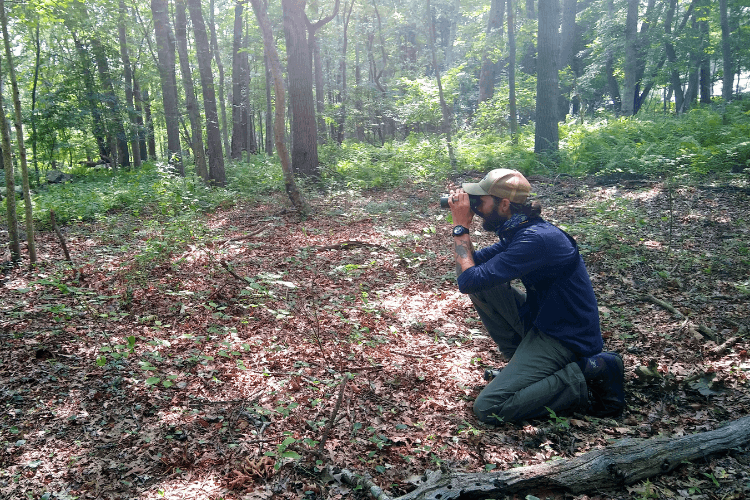Eastern Towhee by Sharlene Allen

Avian Research Initiative at Audubon
At Audubon, we understand that birds and habitats are inextricably linked. Our mission has always been to protect birds, other wildlife and the habitats that they rely on. We believe that a healthy landscape is one that is teeming with life.
Unfortunately, climate change, habitat loss and a multitude of other factors are making the job of breeding, migrating and wintering increasingly difficult for our feathered friends. That is why we have spearheaded a new initiative to collect scientific data and better understand the health of our properties across the state. In 2022, we instituted a scientific research program, led by Dr. Charles Clarkson, Director of Avian Research, to usher in a new era for the Audubon Society of Rhode Island.
A three-step management plan to mitigate local decline and contribute to regional population growth:
Let's work together and give birds a chance.
How You Can Support This Important Work:
Receive the latest updates on Rhode Island's Birds by subscribing to the Avian Research email newsletter!
Explore Projects & Resources
TAKE ACTION: Report Bird Strikes
Each year in the United States, as many as 1 billion birds die from flying into windows. By collecting simple data on window strikes and reporting it to Audubon, you will provide important information that can be used to determine the number of birds that perish from window strikes in Rhode Island. Report Bird Strikes
The State of Our Birds
Over one-third of the birds breeding on Audubon Refuges are experiencing long-term population declines. Armed with the knowledge from these reports, Audubon will begin a monitoring and management scheme to reverse the declining trends in our birds. Read the Reports
Meet the Responsibility Birds
A major goal of the Audubon Avian Research Initiative is to identify and monitor specific bird species that will aid us in created the most effective management plans for our Wildlife Refuges. Meet the Responsibility Birds
Avian Research Regional Symposium
The premise of this symposium is simple: the more you know, the more you can do to help our birds. This Audubon-hosted event features researchers from across the Northeast, providing attendees with information on what is being done to save our birds and what obstacles stand in the way of conservation success. Learn More & View Event Recordings
MOTUS Wildlife Tracking System
In the spring of 2023, the Audubon Society of Rhode Island joined over 1,800 conservation collaborators with the establishment of its first MOTUS tower, located at the Nature Center and Aquarium in Bristol, RI. The tower collects data on birds, bats and insects that have been fitted with coded tags as they pass overhead during periods of movement! View Audubon's Motus Detections
Insect Diversity & Abundance Study
A bird’s food may be small but it plays a clear and critical role in species survival, not to mention habitat conservation and ecosystem balance, both important for wildlife and humans alike. With the help of volunteers, the Audubon Avian Research Initiative aims to create a “Bird Food Baseline” that will inform our conservation efforts. Learn More
Chimney Swift Nesting Towers
Audubon has stepped up support for Chimney Swifts, a species listed at high risk of extinction. As these aerial insectivores struggle to find nesting sites in old brick chimneys, Audubon offers an alternative. Two nesting towers can be found at Caratunk and Fisherville Brook Wildlife Refuges, and a third at the Wanskuck Community Library in Providence. Mimicking a tall, skinny chimney, they provide safe nesting spaces and will be carefully monitored this spring. Read the Providence Journal Article and consider donating today to help fund more chimney swift towers!



















